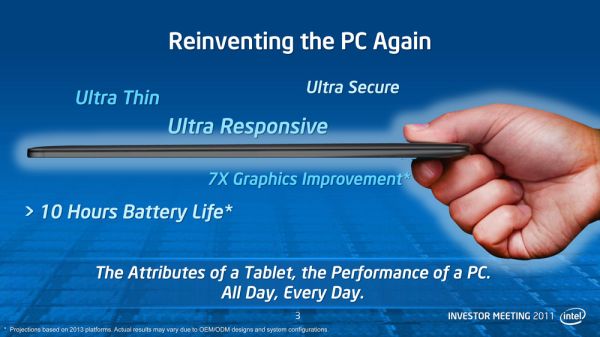The security problems of 2010 are likely to continue and even escalate in 2011, with state-sponsored crime and data leaks from unhappy employees. State-sponsored crime has far more resources than ordinary hackers, and social networking is making the bad guys' job easier. But with Virtualization established, more security software may appear.
As IBM predicts information-technology innovations, The Wall Street Journal offers Walt Mossberg's best products of 2010 list, the Financial Times names Apple CEO Steve Jobs Person of the Year, and so on, some security Relevant Products/Services researchers are turning their eye toward 2011.
Indeed, security issues plagued the high-tech industry in 2010. From the infamous WikiLeaks issues to Google Relevant Products/Services hacks from China to social-media attacks to mobile Relevant Products/Services-device threats and beyond, 2010 was a year to remember for security researchers.
But what will 2011 bring? More of the same. Much more, said Paul Henry, a security analyst at Lumension. Read on to learn about some of the top security predictions for 2011. (It's not all bad news.)
Beware of State-Sponsored Crime
The year 2010 in security all started with China and the Google hacks. Remember? What drama! More recently, we watched the Stuxnet state-sponsored malware Relevant Products/Services attack wreak havoc on Microsoft Relevant Products/Services users. More drama. The lesson? It's no longer your disgruntled employee or even the opportunistic hacker simply taking advantage of a chink in your armor that you need to worry about.
"Your disgruntled employee and opportunistic hackers have limited budgets and resources, while today's state-sponsored threat Relevant Products/Services comes with unlimited resources. After all, they print the money," Henry said. "The increased risks associated with state-sponsored cybercrime require more diligence."
More Social-Media Malware
With Facebook reportedly planning to vie for LinkedIn's audience, the risk of exposing personal information continues to grow. As Henry sees it, it's hard to believe that the companies that proved they could not be trusted with the simplest of information now want to host our resumes.
"As social media expands to contain more personal information, so does the risk that this very same information will be used in more effective spear phishing Relevant Products/Services-like attacks," Henry said. "By expanding the information we are placing on social web sites, we are making the job of social engineering easier for the bad guys."
Virtualization Security Arrives
On a more positive note, Henry expects security vendors who have been sitting on the sidelines to recognize that Virtualization is here to stay, jump into the game, and finally write software that can interface to the vSafe API and provide meaningful policies on otherwise unseen traffic.
"Virtualization security can help reduce enterprise Relevant Products/Services costs, but we must deal with the associated risk of moving from a bare-metal environment to a virtual one," he said. "Gartner noted that by 2012, 60 percent of the deployed virtual machines will be less secure than their original bare-metal counterparts."
WikiLeaks Lingers
Last but not least ... We haven't heard the last of WikiLeaks. In fact, Henry expects the impact of WikiLeaks to expand well beyond simply embarrassing governments to releasing data that will cause harm to big-business reputations.
"With the pressure put on employees and the ill feeling many hold against employers in these tough economic times, WikiLeaks could become first choice for releasing tension," Henry said. "The current WikiLeaks issue underscores the importance of proper data classification and data-leakage protection on our servers and on all of our endpoints. We have entered a new age of hacktivism, and WikiLeaks is just a glimpse of what the future will hold." Read Full Article












0 comments:
Post a Comment